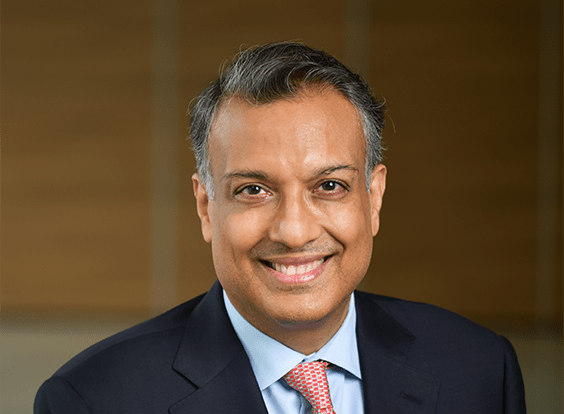Spotlight on green energy, eliminating fossil fuel subsidies s the G20 member countries gather to deliberate on climate challenges, it is evident that the time for mere discussions is Over. Now, we must focus on actions, implement effective solutions, and pave the way for a sustainable future.
During India's G20 presidency, led by Prime Minister Narendra Modi, the spotlight at the Summit in September will be on addressing urgent challenges, which include global warming, energy Security, and a transition towards sustainable energy Sources. One of the main objectives of the Summit will be to explore solutions for low-cost financing to enable rapid expansion of the renewable energy (RE) sector in India and in other developing nations. The Summit will also seek to develop an alternative supply chain to de-risk energy transition from potential geopolitical risks.
PM Modi is shaping a cleaner and greener future for the world. Given the recent geopolitical tensions and the urgent need to address issues that arose in the aftermath of the coronavirus pandemic, this meeting takes on an even greater significance.
While a variety of topics and themes will be explored during the summit, the key points of discussions will be energy security amid an uncertain geopolitical climate, phasing out fossil fuel subsidies, and embracing transition towards clean technologies. Each point of discussion can be addressed tactfully to achieve a desired outcome and make the most of this esteemed gathering of great minds.
The G20 Energy Transition Working Group (ETWG) meeting offers a unique chance for the member nations to collectively keep emissions below 2C above pre-industrial levels. This commitment is important in the light of challenges the planet is facing due to the climate crisis. The G20 nations can demonstrate their dedication to the goals of the Paris Agreement and pave the way for a cleaner and more Sustainable future. It is important to act upon action plans that have been put in place through several discussions held at global conferences.
To ensure a successful energy transition at the global level, it is vital for developing nations to have access to low-cost financing.
Under PM Modi, India is a global leader in the RE sector. During its G20 presidency, India has called upon global financial institutions to revise their norms and allocate more capital for energy transition, particularly in developing and energy-dependent nations. By enabling access to affordable financing, we can accelerate the deployment of renewable energy projects and promote sustainability on a global scale. The G20 ETWG meeting also serves as a platform to develop agreements that foster the emergence of alternative supply chains. By doing so, we can effectively mitigate the risks associated with the energy transition, particularly those tied to geopolitical tensions. Strategic decisions made during the G20 meeting can position countries, such as India, as alternative export hubs for solar module manufacturing and other essential materials and parts necessary for energy transition. For instance, companies like ReNew are setting up cell manufacturing and module assembly plants with a significant production capacity towards achieving this objective.
Addressing emissions from hard-toabate sectors is another critical priority in achieving a sustainable future. Reports indicate that the steel industry accounts for 7% of global emissions. The G20 ETWG meeting is a potential catalyst for action, providing an opportunity to initiate and expedite efforts to transition such industries toward lowcarbon alternatives. Creating the right demand and supply signals for the procurement of green steel is an outcome that can significantly contribute to emissions reduction and sustainable development.
The G20 ETWG holds tremendous potential to deliver the right outcomes and shape a cleaner and greener future for our world. It is important to recognise that protecting the planet and the environment is not solely an altruistic action but is also dependent on the feasibility and robustness of business plans. Companies such as ReNew have been working tirelessly for over a decade to develop sustainable solutions. Now, it is time for G20 nations to take a leadership role, as demonstrated effectively by India and PM Modi, and commit to a sustainable future. Let us seize this opportunity and work together to create a prosperous future for generations to come. Sumant Sinha is founder, CEO & chairman, ReNew. The views expressed are personal



